Here in the hospital, I say, that is not my body, not my body. I am not here for the doctors to read like a recipe
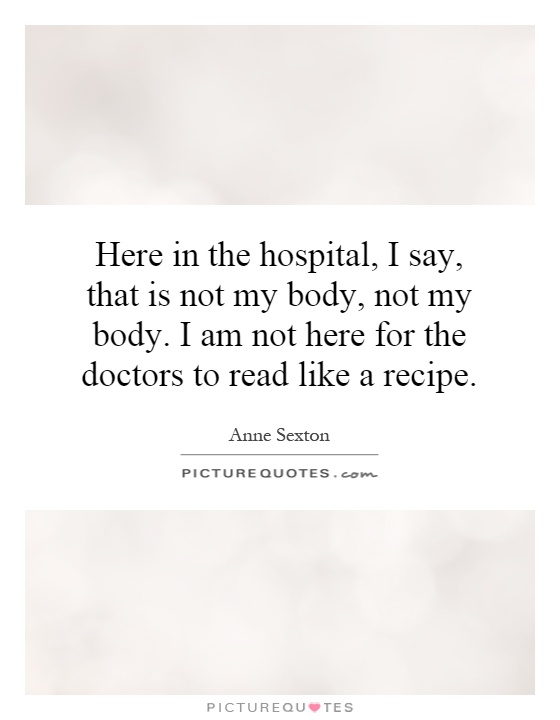
Here in the hospital, I say, that is not my body, not my body. I am not here for the doctors to read like a recipe
Anne Sexton was a poet known for her raw and confessional style, often delving into themes of mental illness, trauma, and the struggles of being a woman in a patriarchal society. In the quote “Here in the hospital, I say, that is not my body, not my body. I am not here for the doctors to read like a recipe,” Sexton captures the feeling of being stripped of one's autonomy and agency in a medical setting.Sexton's words speak to the dehumanizing experience of being a patient in a hospital, where one's body becomes a mere object to be poked, prodded, and analyzed by doctors and medical professionals. The phrase "not my body" suggests a sense of detachment and dissociation from one's physical form, as if the body being examined is separate from the true self. This feeling of alienation is common among those who have experienced trauma or illness, as they struggle to reconcile their sense of self with the medical interventions being imposed upon them.
The comparison of the body to a recipe further emphasizes the reduction of the individual to a set of symptoms and diagnoses, to be deciphered and treated according to a predetermined formula. In this context, the patient becomes a passive recipient of medical care, rather than an active participant in their own healing process. Sexton's rejection of this role speaks to her desire to reclaim agency over her own body and identity, resisting the objectification and dehumanization that often accompany medical treatment.
Sexton's words also reflect a broader critique of the medical establishment and its tendency to pathologize and control those who deviate from societal norms. As a woman struggling with mental illness and societal expectations, Sexton likely felt the weight of these pressures acutely, as she navigated a world that sought to define and confine her according to its own standards.
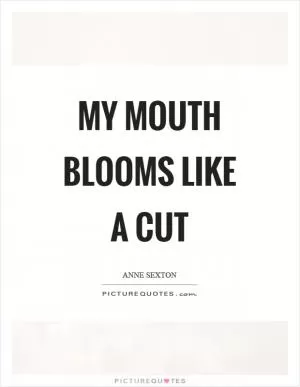
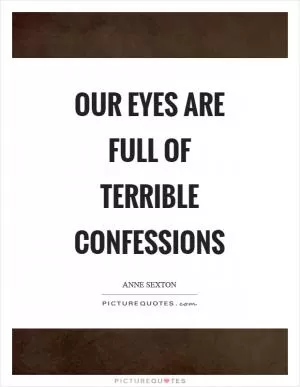


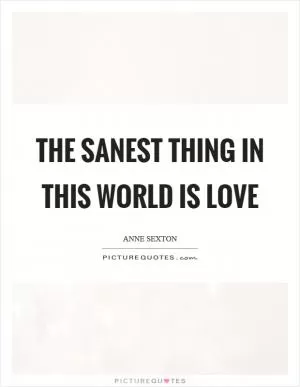

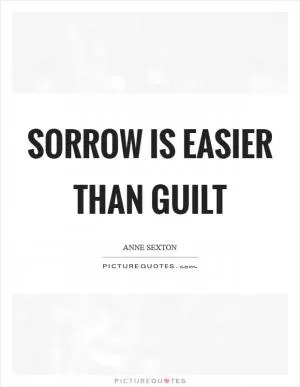
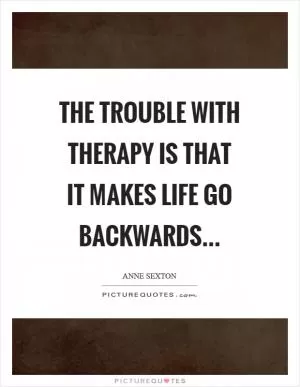
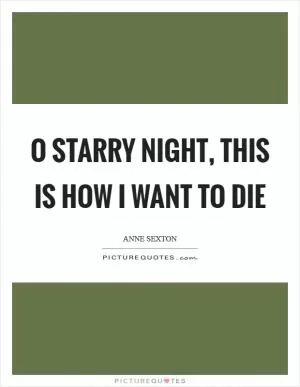



 Friendship Quotes
Friendship Quotes Love Quotes
Love Quotes Life Quotes
Life Quotes Funny Quotes
Funny Quotes Motivational Quotes
Motivational Quotes Inspirational Quotes
Inspirational Quotes